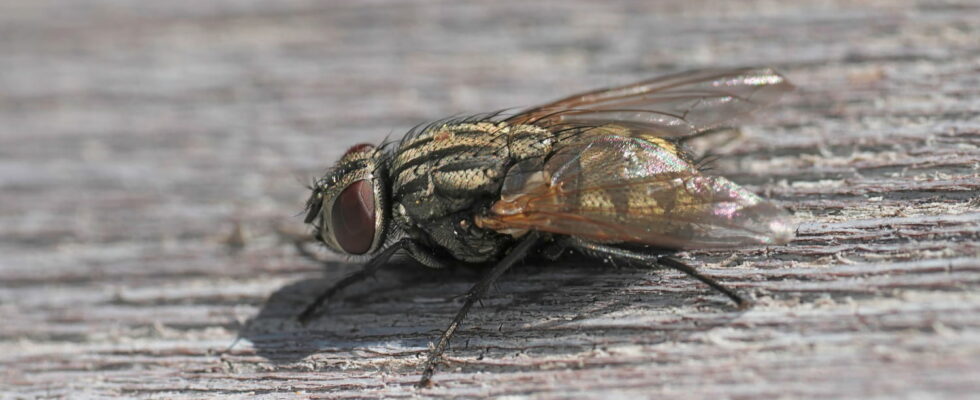This tradition has been lost in time, but it still remains functional. Simply place a simple plant in the window to scare away flies.
Flies in the summer at home: a real nightmare! Their buzzing can drive us crazy. While there are good old methods like the fly swatter or the yellow sticky tape, they are neither practical nor aesthetic. Fortunately, there is an old trick used to keep flies away from the house. It had been forgotten by many people, but it has come back into fashion due to the strong heat waves around the world in recent years.
When flies appear, you can rely on the natural power of a plant to keep them away. The best part is that you just have to leave a simple pot with the plant in the window. What is the plant that keeps flies away from your house? It is basil.
Placing basil in the window to repel flies is an old and popular habit that has its roots in cultural traditions and ancestral knowledge. It is all based on the properties of the plant. This practice dates back to past cultures, and there are good reasons why flies tend to stay away from this aromatic plant.
Basil (Ocimum basilicum) actually contains essential oils with an intense aroma and characteristics that can be unpleasant to insects, including flies. Its strong smell acts as a natural repellent, keeping these unwanted insects away.

In addition, flies have sensory organs called olfactory organs, which are extremely sensitive to odors. In this sense, the aroma of basil can be repellent to these insects, making them avoid the proximity of the plant.
Over the centuries, various cultures around the world have observed and exploited the properties of basil to repel flies and other unwanted insects. As a result, this knowledge has been passed down from generation to generation, becoming a traditional habit in many regions.
Besides basil, there are other plants that also have fly and insect repellent properties, such as mint, lavender, rosemary, and lemongrass. Likewise, these plants contain aromatic compounds that can help keep insects at bay.
Finally, more than that, this practice can also be linked to culinary tradition and research to keep food safe from contamination. Indeed, these are natural, minimally invasive and non-toxic solutions.
